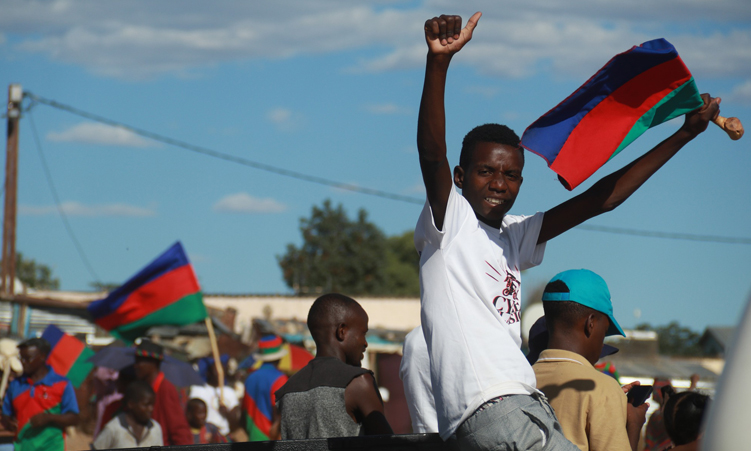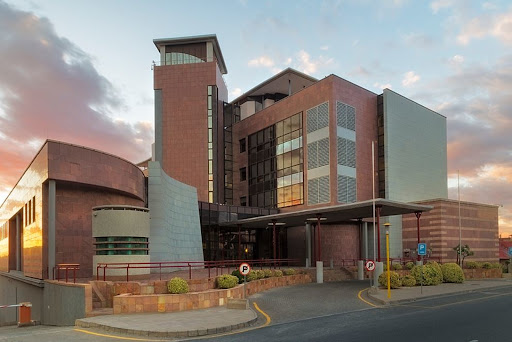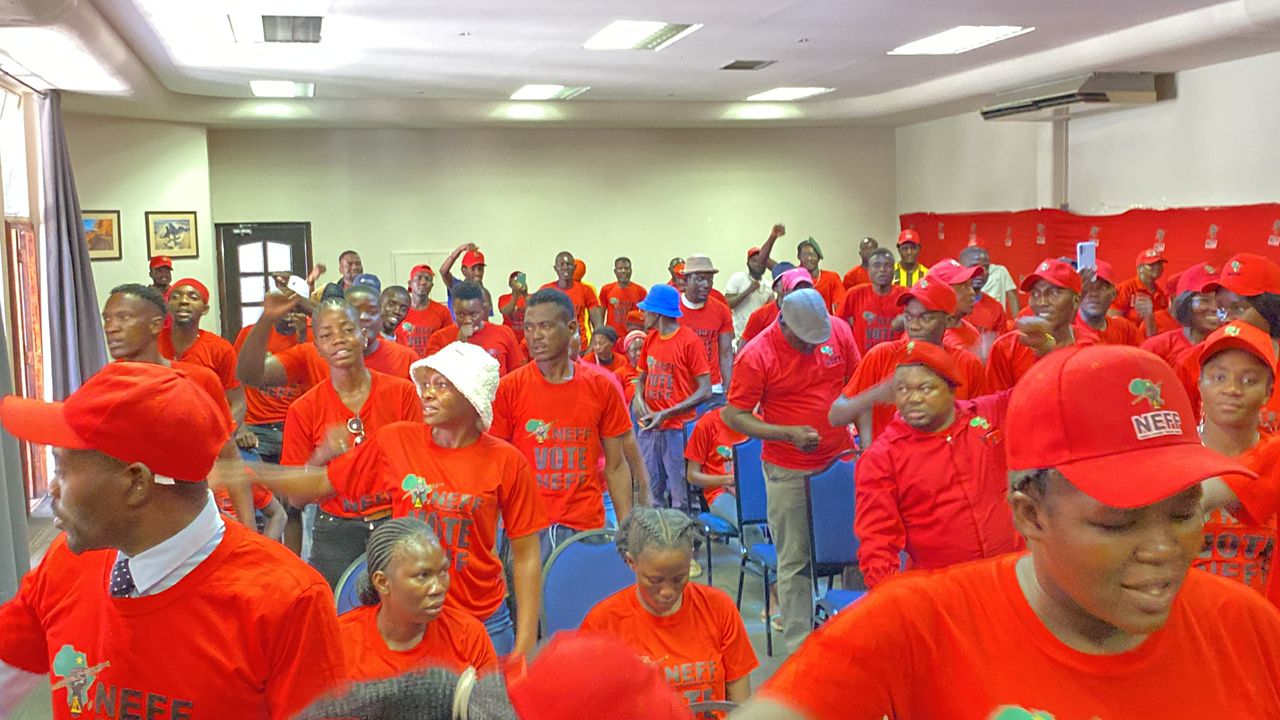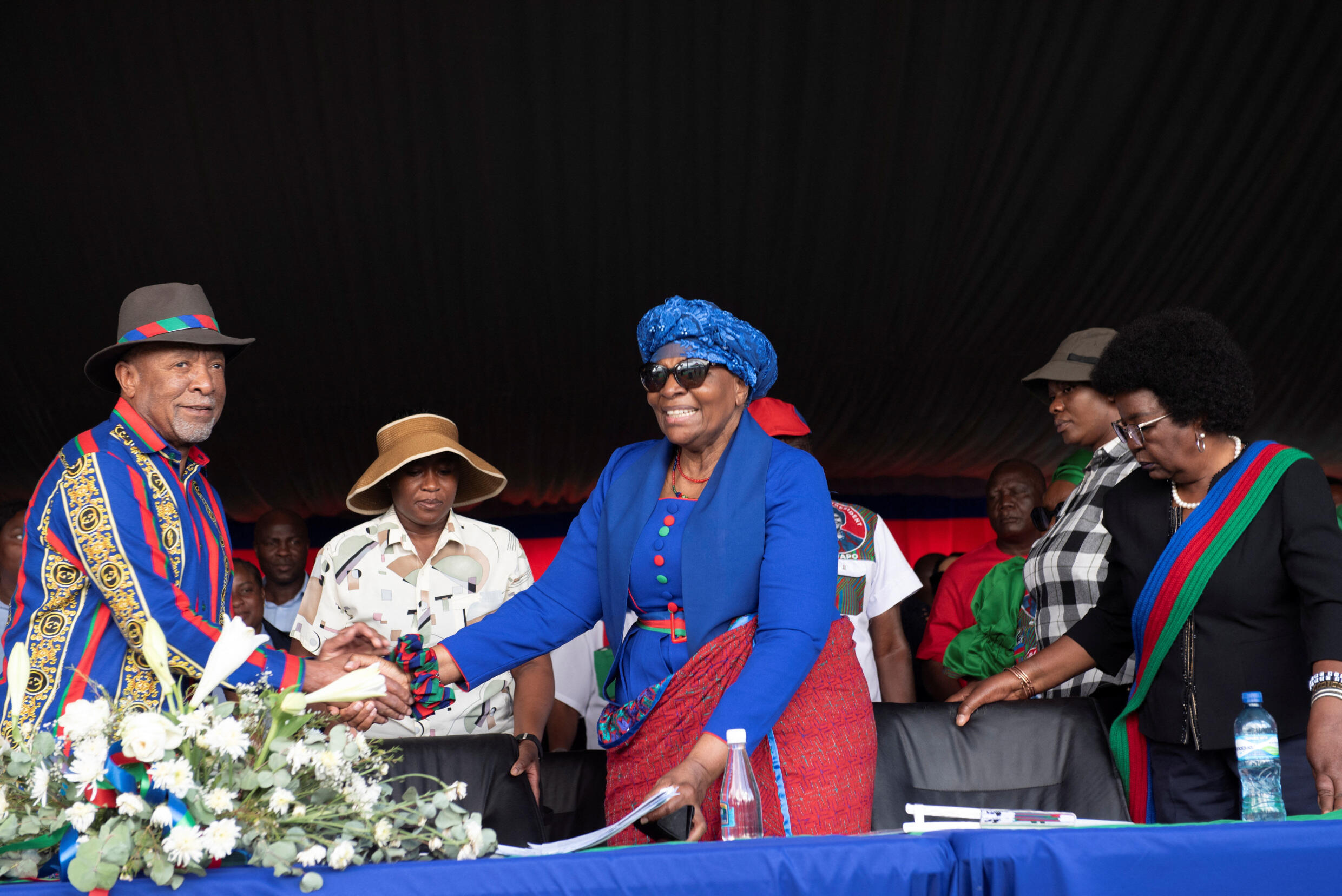… Swapo says children are part of its structures
Youth groups have raised concerns about children being used to wear political regalia and attending campaign rallies for different political persuasions.
Swapo Party Youth League (SPYL) central committee member Willem Amutenya says political gatherings do not differ from other community meetings.
“The political campaigns we are busy with now are aimed at addressing the electorate, who, as per our Namibian Constitution, should be 18 years and above – not children,” he says.
Amutenya says political events are not mandatory for children.
“However, children are part of our political society. For us in Swapo, we have a special movement for children called the Swapo Party Pioneers Movement, where children are part of our membership structures,” he says.
Amutenya urges parents and guardians to take care of, guide and support their children’s education – more so during examinations.

‘ALARMING’
Former chairperson of the Children’s Parliament Rivaldo Kavanga yesterday said it’s alarming to see children sacrificing valuable study time for a plate of food and a T-shirt.
“While many see this as a positive, it also highlights the dire poverty situation children and young people find themselves in,” he said.
Kavanga said the impact of the elections on children and the education sector is becoming increasingly evident with the early closure of schools.
“This means teachers and pupils must now squeeze content and try to teach and learn everything in a shorter period of time,” he said.
FREE MEALS
Popular Democratic Movement Youth League secretary general Julia Nekwaya says children sometimes attend the rallies for free food.
“Recent statistics reveal that approximately 30% of Namibian households experience food insecurity, with many families struggling to provide adequate meals for their children.
“This hunger crisis can push parents to seek opportunities for free meals at political events, inadvertently prioritising short-term relief over long-term educational commitments,” she says.
Nekwaya advises young people to take their studies seriously.
“It is essential for political parties to recognise their responsibility in addressing the root causes of hunger while engaging our youth.
“We must advocate policies that promote food security and ensure every Namibian child has access to nutritious meals and quality education,” she says.

SCHOOLWORK COMPROMISED
Namibia National Students Organisation (Nanso)’s president Dorthea Nangolo says political rallies distract pupils from preparing for their exams.
“Nanso recognises the importance of young people engaging in political activities, as it fosters their understanding of civic duties and leadership. However, we strongly believe education must remain the top priority,” she says.
Nangolo says political participation should not come at the expense of children’s academic future.
“We urge all stakeholders, especially parents, to ensure rallies do not interfere with pupils’ preparation for exams,” she says.
Meanwhile, social justice activist Nafimane Hamukoshi says academic obligations should not be overshadowed by the attraction of free food, entertainment and merchandise.
“Even though going to political campaign events can offer worthwhile experiences and chances for political expression, it is imperative that pupils put their studies first during vital times like exam preparation,” she says.
Hamukoshi says young people must distinguish between their political rights and their academic responsibilities.
Political analyst Henning Melber says its difficult to protect children against being exploited by political parties.
“To limit or restrict such activities with the intention to protect younger children from being instrumental or abused for the interest of others is rather difficult.
“Who decides what is admissible and what crosses a boundary? In a country like Namibia, where children are often in dire material need and lack parental care, children tend to be attracted by political events . . ,” he says.
Melber says it is impossible to impose a ban on children attending political rallies.
“In many countries, one can witness that parents take their children along when demonstrating, and while this can be a matter for critical debate and questioning, it remains outside of any state control – unless being a totalitarian system intervening in private matters.”
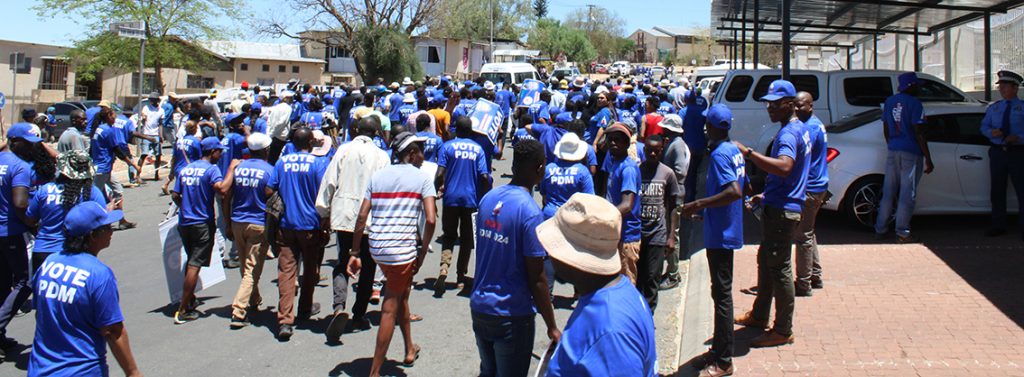
Stay informed with The Namibian – your source for credible journalism. Get in-depth reporting and opinions for
only N$85 a month. Invest in journalism, invest in democracy –
Subscribe Now!


